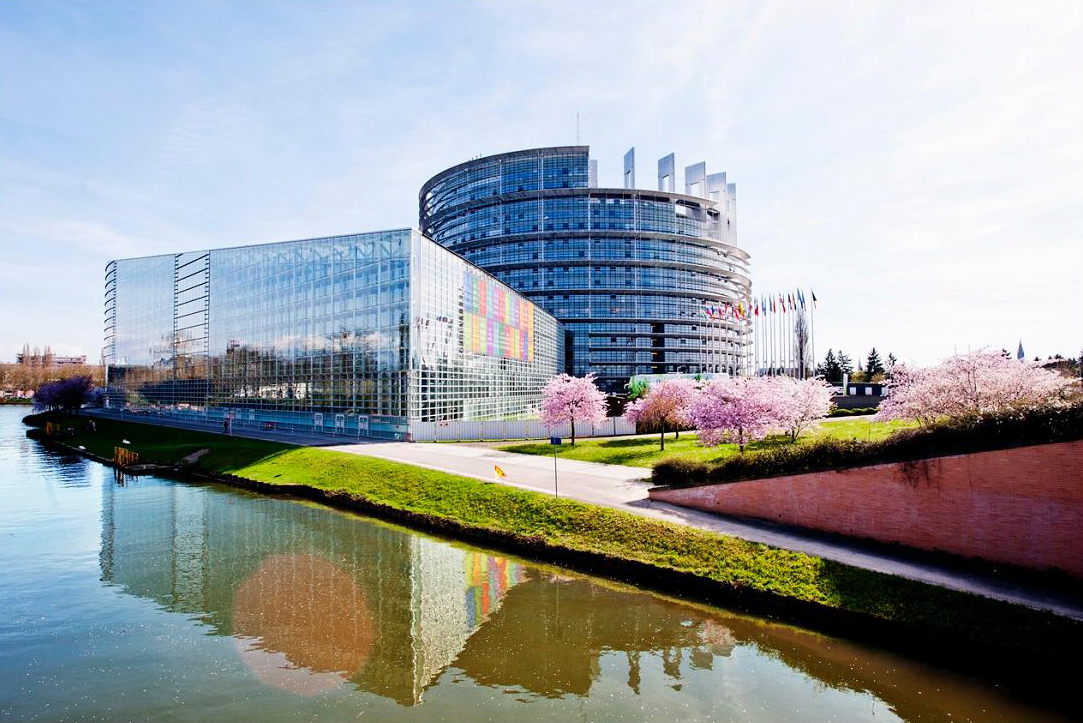

The European Parliament in Brussels. Image credit: European Parliament
The European Union has agreed the world’s first comprehensive laws to regulate artificial intelligence (AI) after marathon negotiations of more than 36 hours between the European Parliament and member states.
Thierry Breton, the European Commissioner behind the laws, greeted the agreement as “historic” and said 100 people had been in a room for nearly three days to secure the deal.
He said the agreement was “worth the few hours of sleep”.
“The AI Act is much more than a rulebook – it’s a launchpad for EU startups and researchers to lead the global AI race,” Breton said on X, formerly Twitter.
The deal puts the EU ahead of the US, the UK and China, which are all developing their own sets of AI rules.
Spain’s secretary of state for AI Carme Artigas, who facilitated negotiations, said France and Germany supported the text.
Earlier reports had said the two countries, along with Italy, had fought to reduce oversight for powerful foundation models such as those developed by OpenAI for its ChatGPT and other tools.
Foundation models are trained on a broad set of data and can be applied in a wide range of use cases, with OpenAI’s GPT large-language model (LLM) series being an example.
The stance of France, Germany and Italy on foundation models had caused negotiations to stall after EU Parliament negotiators walked out in protest from a meeeting with government representatives from the EU Council and European Commission in mid-November.
The agreement puts into place a risk-based tiered system with the top level of regulation applying to systems that pose the most risk to health, safety and human rights.
This category is to be defined by the computing power required to train the model in question, and currently applies to only one model, OpenAI’s GPT4, the Guardian reported, citing unnamed sources.
The lower tier also places major obligations on AI services including rules about the disclosure of data used to train the system.
Breton said the tiered system would implement safeguards while avoiding an “excessive burden” for companies.
But some tech groups criticised the rules, with Cecilia Bonefield-Dahl, director-general for tech industry body DigitalEurope, saying the deal would require significant resources for compliance, reducing firms’ ability to fund research and development.
“We have a deal, but at what cost?” she said.
“We fully supported a risk-based approach based on the uses of AI, not the technology itself, but the last-minute attempt to regulate foundation models has turned this on its head.”
France, Germany and Italy had reportedly pushed for the regulation of the uses of AI rather than the technology itself.
European Commission president Ursula von der Leyen said the act “transposes European values to a new era”.
The rules, which also place limits on the use of real-time facial recognition by police, will not come into effect until at least 2025.
Denial from TSMC, after multiple reports it was in talks with Intel over a joint…
CEO Tim Cook talks to Trump official, as IDC notes China's smartphone market growth, and…
Another big name chip maker expects a hefty financial charge, after the US tightened rules…
More bad news for Google. Second time in less than a year that some part…
Federal office that tackled misinformation and disinformation from hostile nations is closed down, after criticism…
After Nvidia admits it will take $5.5 billion charge as Trump export limits of slower…